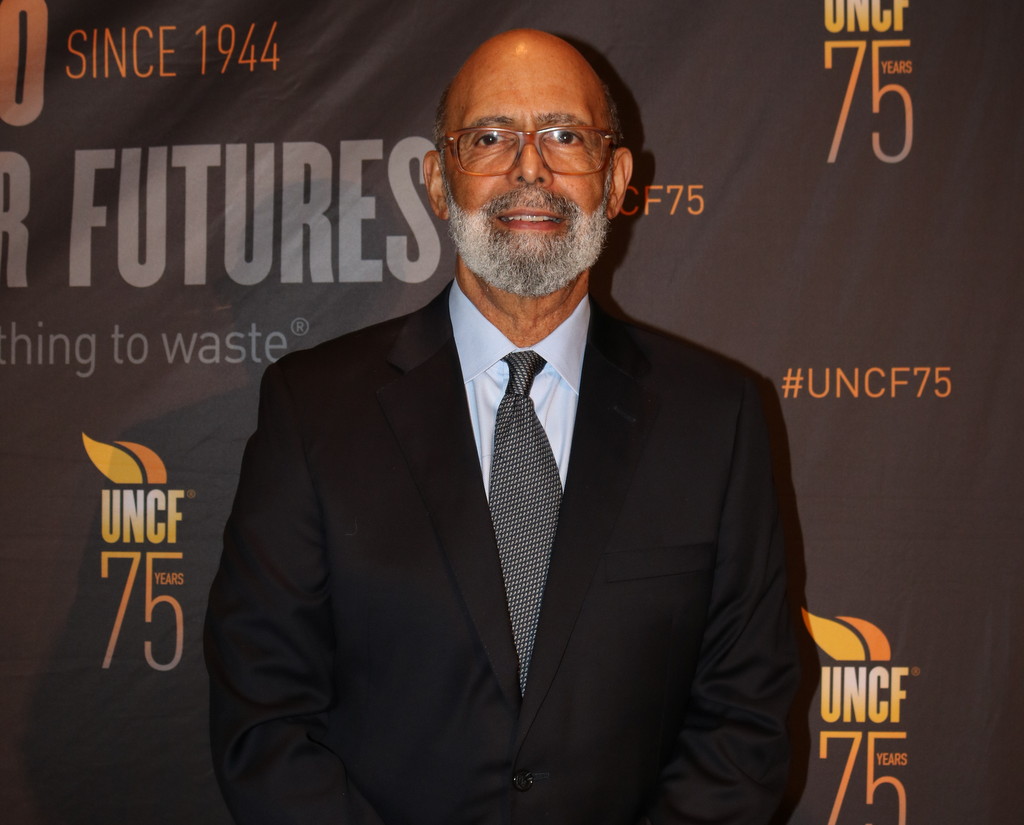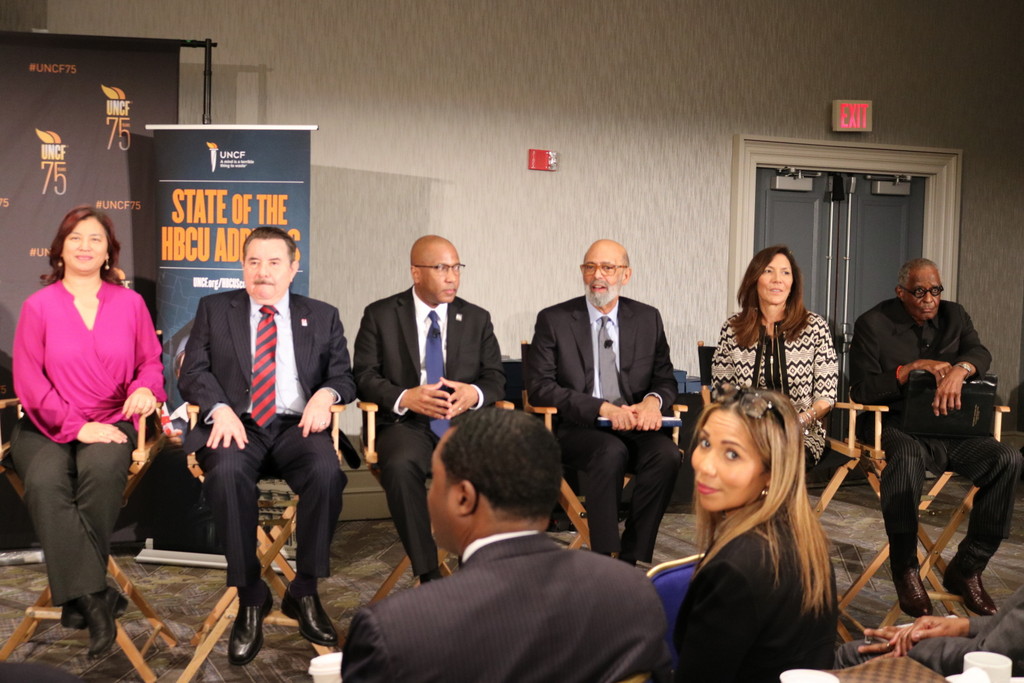[ad_1]
By Imani Wj Wright
Special to the AFRO
On March 3, the United Negro College Fund(UNCF) held their second annual State of the HBCU Address. Attendees gathered at the Marriott Wardman Park in Washington, D.C. as the UNCF informed the community of Congress’ involvement in improving Historically Black Colleges and Universities (HBCUs), per their suggestions, and how the House can continue to support HBCUs henceforward. UNCF also honored members of Congress who participated in authoring legislation, writing Congressional letters, making speeches and joining the bi-partisan HBCU Caucus, amongst other activities involved with the support of The Future Act.
The Future Act, which was approved by the House with a vote of 319-96 and unanimously consented by the Senate on December 10, 2019, will now create an annually permanent $85 million investment in science, technology, engineering and mathematics at HBCUs.

UNCF asserted HBCUs’ effect on the country. “Because of their legacies and continued powerful combined impact, HBCUs serve a vital purpose in American academia and the United States economy,” the organization said in a statement.
UNCF’s President Dr. Michael L. Lomax was responsible for delivering the official address. Though, thankful for the cooperation and passage of The Future Act, Lomax spoke in depth about the lack of funding HBCUs still face.
“It’s my hope that a year from now when we meet again, we will have taken a giant stride to end the HBCU paradox and secure the transformational support that HBCUs have longed deserved and long gone without,” Lomax said. “On one hand, we know that HBCUs are among the few institutions in America that enjoy consistent bipartisan support. The gamut of American society hails HBCUs and the role they have played in the history of our nation. But despite all of that bipartisan support, HBCUs have always been woefully underfunded throughout their nearly two centuries of history. And in 2020, we are still badly underfunded despite the very real victories we won in Congress last year.”

Along with The Future Act, “UNCF has led efforts to increase annual funding for HBCUs via multiple programs approved by Congress. UNCF also secured a deferment of federal loan payments made by institutions through the Department of Educations’ HBCU Capital Financing Program,” according to a statement from UNCF.
A panel discussion featuring leaders in minority education was held following the address. Panelists included: Dr. Antonio Flores, president of the Hispanic Association of College and Universities (HACU); Dr. Harry Williams, president of the Thurgood Marshall College Fund; (TMCF) a representative for Dr. Lezli Baskerville, president, National Association For Equal Opportunity in Higher Education (NAFEO); Carrie Billy, president of the American Indian Higher Education Consortium (AIHEC); and Rita Pin Ahrens, executive director; OCA-Asian Pacific American Advocates.
The panel focused on varying ways HBCUs can work in cohesion and make progress in moving other relevant legislation forward.
Billy mentioned the turmoil, stress and cruel prolonged treatment that most minorities have faced in the United States. “I hope that our work that we’re doing here today, and together in the future, will honor [our ancestors’] legacies and they’re wildest dreams,” Billy said enthusiastically.
[ad_2]
Source link
